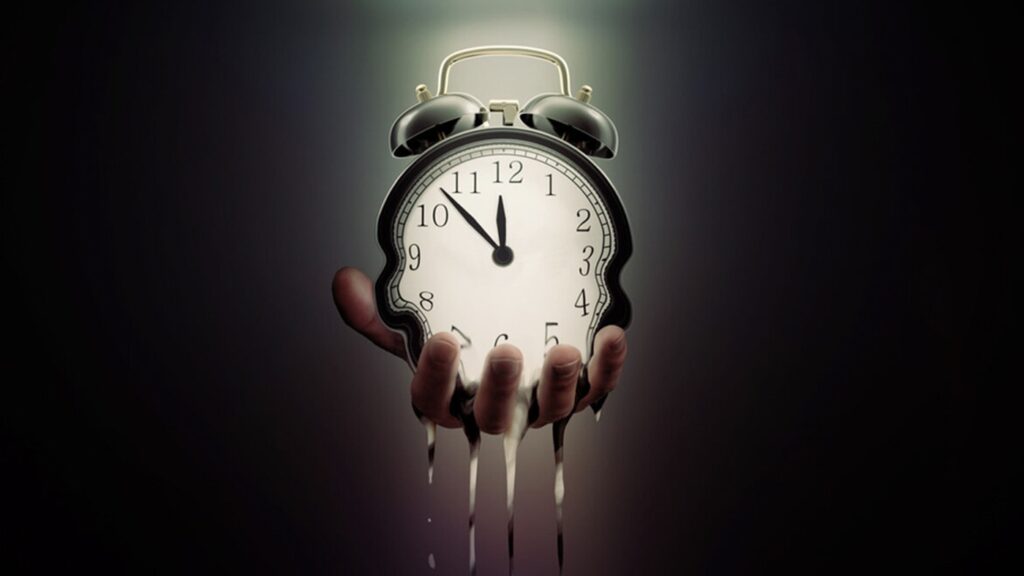During childhood, every new experience was a great discovery and learning opportunity for our brain. This process created the feeling that time was passing slowly because our brain had to thoroughly process and store each new piece of information. However, as we age, most experiences become repetitive or familiar, so our brain begins to process them more quickly. This leads to the perception that time is passing more quickly. Especially as our routines increase and our lives become more predictable, our brain expends less energy recording repeated events, and thus we may not even realize how time passes.
Ways to Slow Down the Perception of Time
So, are there ways to slow down this accelerating perception of time? Scientists suggest that experiencing new things, keeping our brain active, and thus slowing down our perception of time are effective methods. Engaging in new hobbies, traveling to different places, or meeting new people can stimulate more dopamine release in our brain, which helps in the formation of new memories.
Mindfulness and Journaling Practices
Additionally, mindfulness or awareness practice can also have positive effects on our perception of time. By meditating, we can reduce our stress and live the moment more consciously. Journaling similarly allows us to record each day in more detail, thereby making us feel as if time is passing more slowly.
The Importance of Physical Activity
Lastly, regular physical activity not only increases dopamine levels but also improves the overall functionality of our brain. By maintaining both our mental and physical health, we can enhance our quality of life. Remember, how you perceive time is entirely up to you. By enjoying each moment and enriching your life with new experiences, you can use time more effectively.
Source: Huff Post, Psychology Today , earth.com
